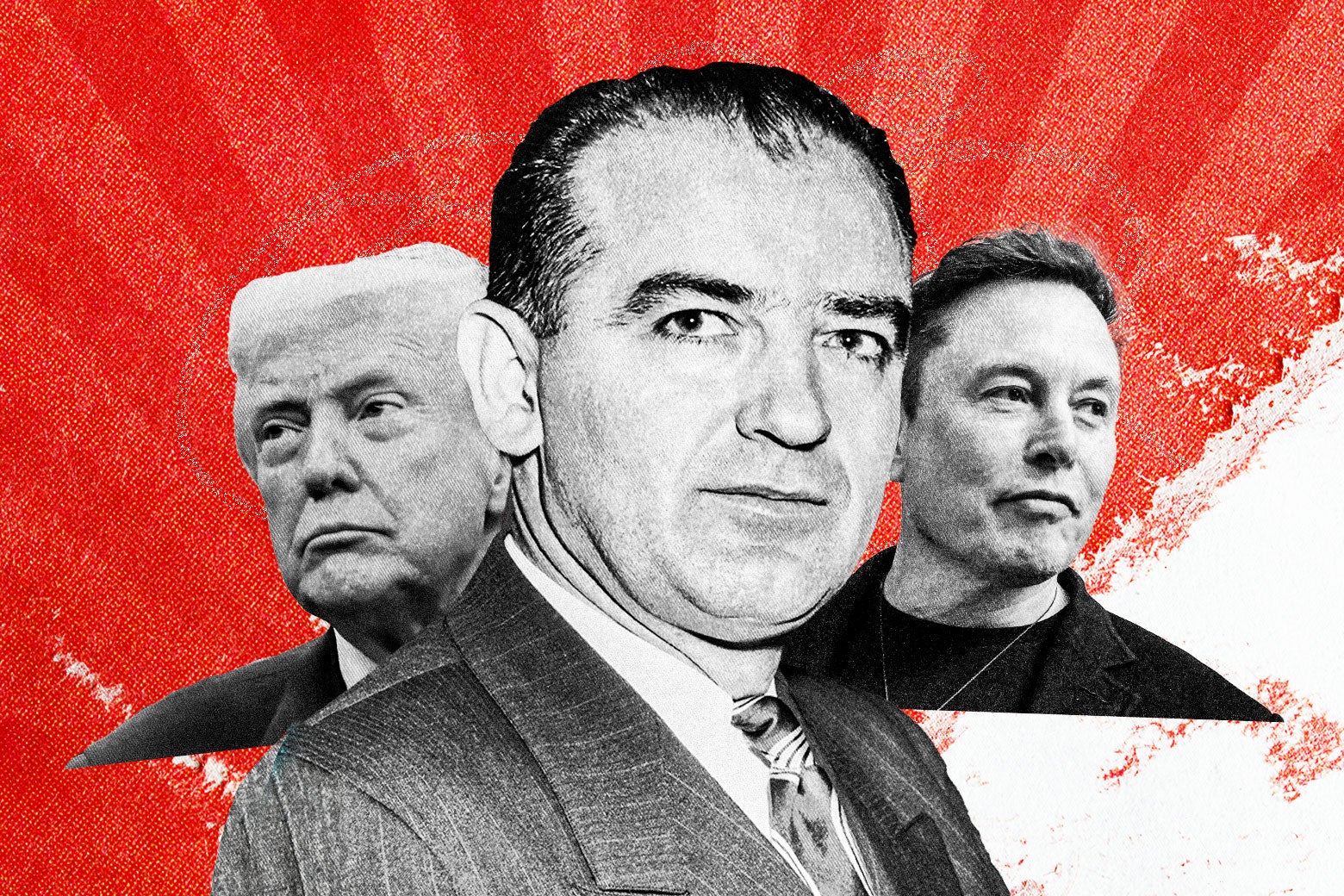
How American Bureaucrats Became Public Enemy No. 1
- 17.03.2025 12:40
- slate.com
- Keywords: anti-intellectualism, conspiracy theories
The article traces how anti-intellectualism in the McCarthy era laid the groundwork for modern attacks on federal bureaucrats, with figures like Trump and Musk echoing past paranoia about "deep state" conspiracies.